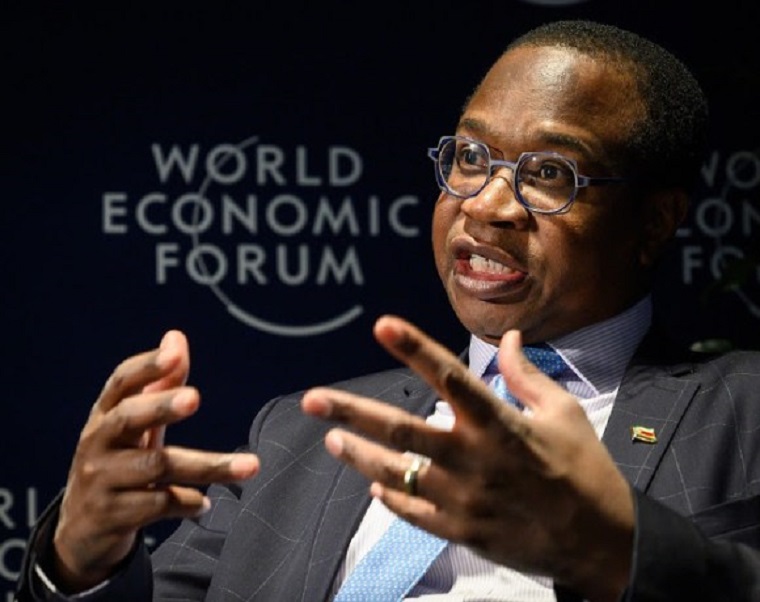 Zimbabwe, the country I serve as Finance Minister, has been in the news for restricting the use of the US dollar and other international currencies as legal tender. Why would we want to return to our own currency, given such recent, home-made, experience of monetary turmoil?
Zimbabwe, the country I serve as Finance Minister, has been in the news for restricting the use of the US dollar and other international currencies as legal tender. Why would we want to return to our own currency, given such recent, home-made, experience of monetary turmoil?
The answer can be found in our recent history. Following hyperinflation at the close of 2009, and to stem the instability produced by bad governance and fiscal ill-discipline, a mixture of other nations’ bills — the US dollar, British pound, South African rand, the euro, the Chinese renminbi and the Botswana pula — became Zimbabwe’s medium of exchange in place of the Zimbabwean dollar.
But while this curtailed household prices — its primary purpose — today it is outdated. It is overlooked that this was a tourniquet, not a cure.
Dollarisation has acted as a break on Zimbabwe’s economic development as we are a country reliant on exports. The strong dollar stifled our competitiveness. Without our own currency, we have had no control of monetary policy.
We have had no mechanism to stimulate economic activity — not exports, nor foreign direct investment — or to deal with downturns in international markets. That is why the government must introduce its own new, and permanent, fiat currency.
To be clear, at this time, in this year, any and every responsible Zimbabwean government would be doing the same as we are today. This is not a “political” decision, therefore, but simple economic and geopolitical necessity. Zimbabwe’s recovery will still depend on export-led growth.
Had the opposition been in office, they too would now be introducing a new currency — just the same — despite their present protestations to the contrary.
As the former chief economist at the African Development Bank, I have witnessed the results of currency volatility across many contexts.
I have seen what works — and the reverse. And that is why, in June of this year, the government made the RTGS — a quasi-currency that will act as a bridge to the introduction of a sovereign currency later this year — the sole legal tender in Zimbabwe.
To an outsider, it may seem puzzling that the government chose to implement this now. Plenty of foreign exchange is required to stabilise the introduction of a new currency and leaven its inevitable inflation.
Zimbabwe’s reserves could not be described as abundant.
Yet, with the US dollar strengthening over the years against the currencies of Zimbabwe’s major trading partners, exports were continually losing competitiveness.
A fresh tranche of foreign exchange in the required volume and timeframe was improbable.
Sooner or later, the current administration knew it would have to introduce a new, national currency. Prevarication would only place Zimbabwe in a weaker position. It was a choice between short-term turbulence now or far greater anguish later.
Continued next page
(183 VIEWS)






0 Comments